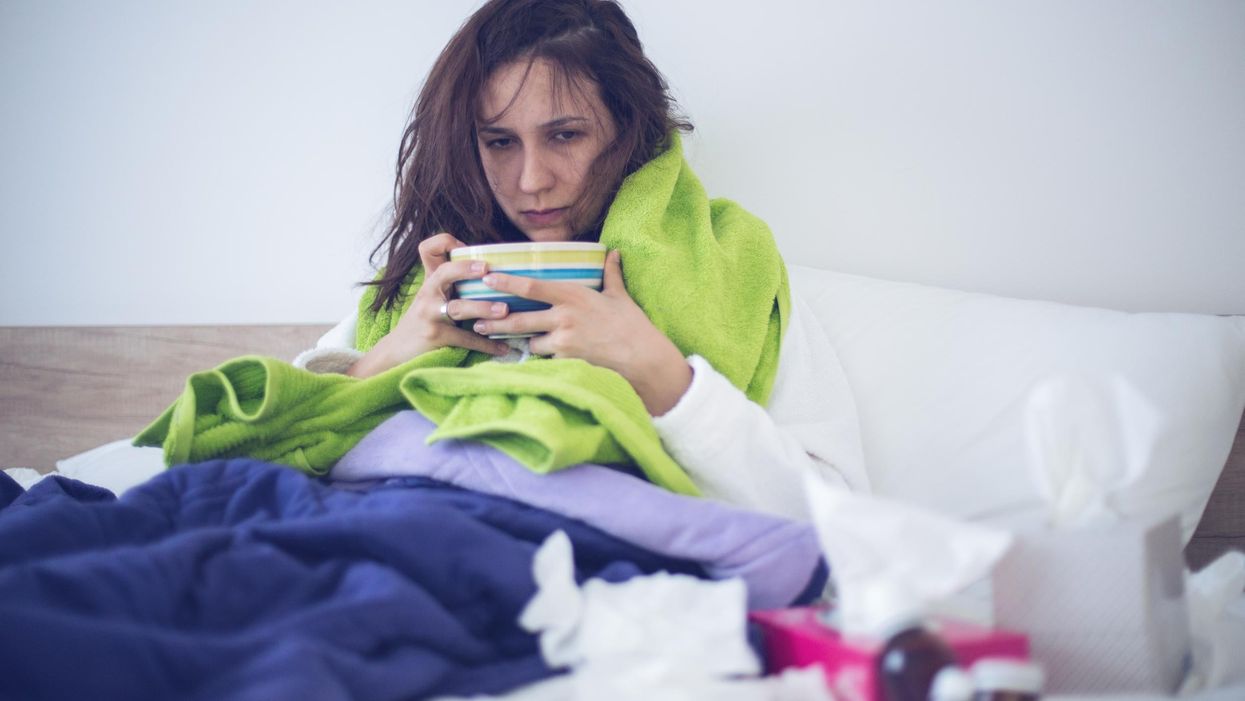News
Harriet Marsden
Jan 28, 2017

Picture:
istock / South_agency
In the modern Western world, insufficient sleep is a common gripe. But new research suggests it could also pose a serious health risk.
In the U.S., the Centres for Disease Control estimate that over the past century people have lost between 1.5 and 2 hours of sleep from their daily pattern, and about a third of the population sleep less than six hours per night.
Modern society, with its control of light, omnipresent technology and countless competing interests for time, along with the zeitgeist de-emphasising sleep's importance, has resulted in the widespread deprioritisation of sleep.
However, little is known about the long-term effects of short sleep duration.
But a new study by the University of Washington Health Sciences and UW medicine, published in the journal Sleep, could offer an insight into why we seem more susceptible to colds and other illnesses when tired and run down in the winter.
The study, which explores effects of sleep deprivation on the health, compared blood samples from eleven identical twins with different sleep patterns.
The use of genetically identical twins is significant, because research suggests that genes control between 31 and 55 per cent of sleep duration and behaviour; the rest depends on environment.
The findings show that a shorter sleep duration resulted in a depressed immune system.
Chronic short sleep was actually shown to shut down the immune system response of circulating white blood cells.
“What we show is that the immune system functions best when it gets enough sleep," said lead author Dr. Nathaniel Watson, co-director of the UW Medicine Sleep Centre.
Seven or more hours of sleep is recommended for optimal health.
So to finally throw off that winter cold, it might be worth getting an early night.
Top 100
The Conversation (0)













